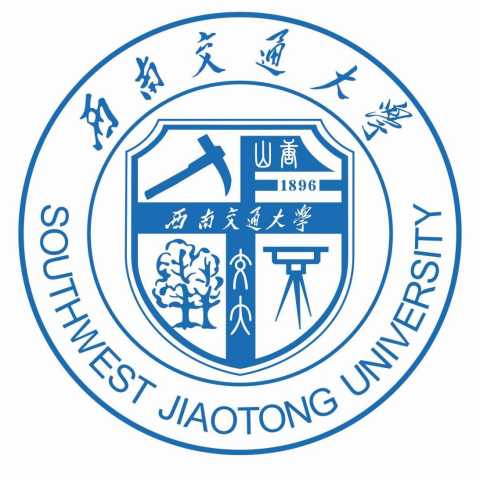
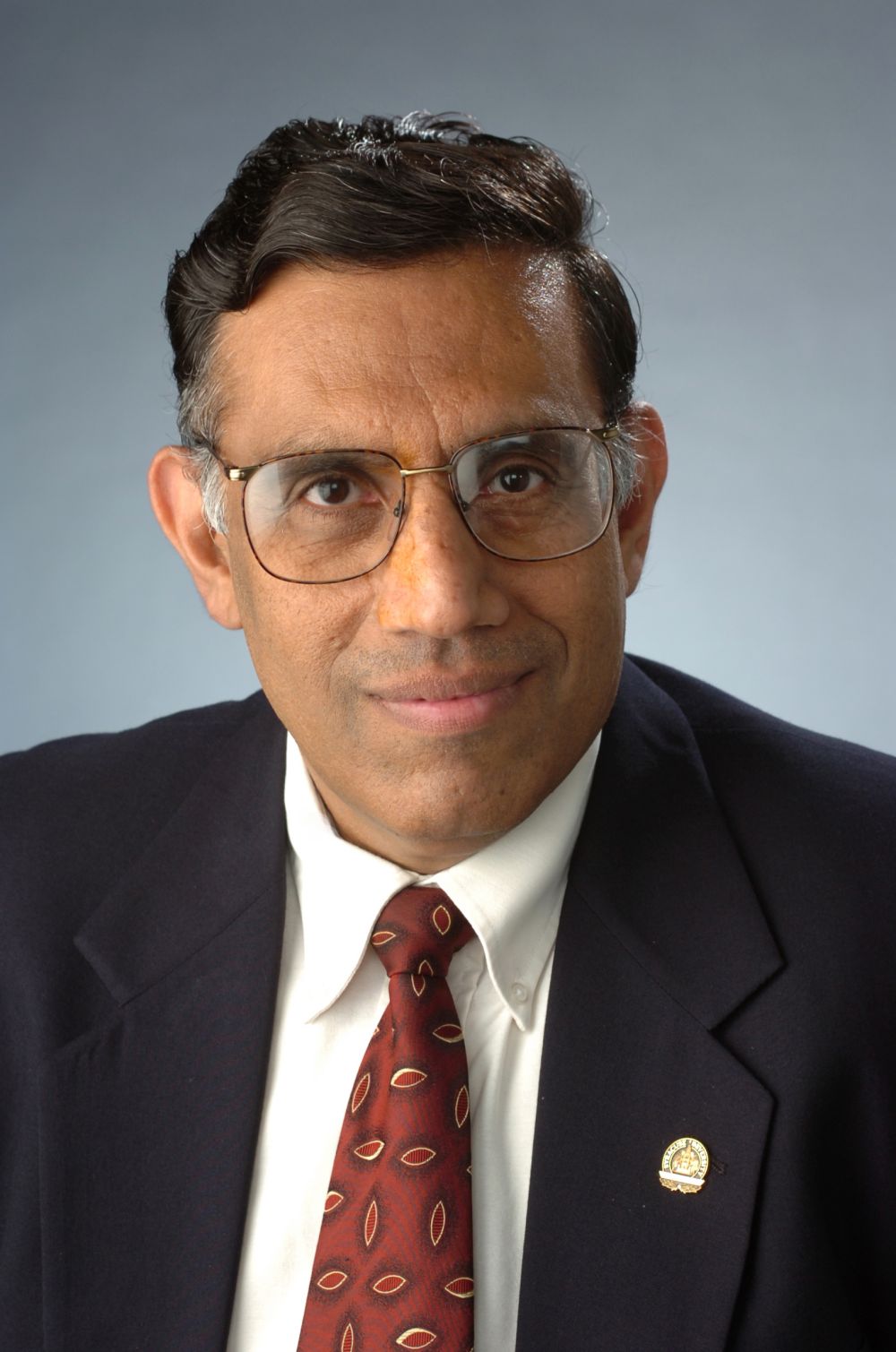 Title: Distributed Inference in the Presence of Byzantines [Slides]
Title: Distributed Inference in the Presence of Byzantines [Slides]
9:20-10:20, Monday, Oct 21, 2019
Pramod K. Varshney
Distinguished Professor, Department of Electrical Engineering and Computer Science, L. C. Smith College of Engineering & Computer Science, Syracuse University.
Abstract: In this talk, we discuss the problem of Byzantines in the context of Distributed Inference Networks. Distributed inference networks have many applications including military surveillance, cognitive radio networks and smart grid. A distributed inference network typically consists of local sensors sending information to a central processing unit (known as the Fusion Center) that is responsible for inference. The network may contain malicious sensors that may engage in data falsification which can result in a wrong inference at the Fusion Center. Drawing parallel to the "Byzantine Generals Problem", the local sensors are the generals who try to make a decision in the presence of traitors called "Byzantines". We present an overview of recent research on this problem. Discussion includes the susceptibility of distributed inference networks to Byzantines, and then the possible protection of these networks through mitigation of Byzantines. This problem setup lends itself to a game theoretic formulation. The game between the network and Byzantines is discussed and solutions presented. Some avenues for further research in this area are provided.
Bio: Pramod K. Varshney was born in Allahabad, India, in 1952. He received the B.S. degree in electrical engineering and computer science (with highest honors), and the M.S. and Ph.D. degrees in electrical engineering from the University of Illinois at Urbana-Champaign in 1972, 1974, and 1976 respectively. Since 1976 he has been with Syracuse University, Syracuse, NY where he is currently a Distinguished Professor of Electrical Engineering and Computer Science and the Director of CASE: Center for Advanced Systems and Engineering. He is also an Adjunct Professor of Radiology at Upstate Medical University in Syracuse, NY. His current research interests are in distributed sensor networks and data fusion, detection and estimation theory, human-machine systems, wireless communications, physical layer security, image processing, and radar.
While at the University of Illinois, Dr. Varshney was a James Scholar, a Bronze Tablet Senior, and a Fellow. He is a member of Tau Beta Pi and is the recipient of the 1981 ASEE Dow Outstanding Young Faculty Award. He was elected to the grade of Fellow of the IEEE in 1997 for his contributions in the area of distributed detection and data fusion. In 2000, he received the Third Millennium Medal from the IEEE and Chancellor’s Citation for exceptional academic achievement at Syracuse University. He is the recipient of the IEEE 2012 Judith A. Resnik Award. He received an honorary Doctor of Engineering degree from Drexel University in 2014, ECE Distinguished Alumni Award from UIUC in 2015, and the Yaakov Bar-Shalom Award for Lifetime Excellence in Information Fusion, ISIF in 2018. He was the President of International Society of Information Fusion during 2001.
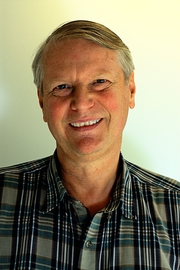 Title: Sequences with Low Correlation and Related Topics [Slides]
Title: Sequences with Low Correlation and Related Topics [Slides]
17:00-18:00, Monday, Oct 21, 2019
Tor Helleseth
Professor Emeritus, Department of Informatics, University of Bergen.
Abstract: Sequences with low correlation have been a topic for intensive research for many decades. In this talk we will describe the correlation properties of sequences and sequence families with low correlation, in particular constructions that are based upon m-sequences. The talk will survey several constructions of classical families. The talk will also pay a tribute to Solomon Golomb, the great icon in the field of sequences, who passed away in 2016 after receiving the Franklin Medal and many other prestigious awards for his lifelong work using mathematics for the constructions and applications of sequences in communications. Furthermore, this talk describes some families of sequences with good correlation properties that are constructed over the binary as well as over the alphabet Z4={0,1,2,3} including Gold, Kasami, Kerdock sequences, Family A and related sequences. In particular we show the history and background for the construction of a family of Z4 sequences used in the 3G standard for mobile communications.
Bio: Tor Helleseth (IEEE Life Fellow) received his Dr. Philos. degree in mathematics from the University of Bergen, Norway, in 1979. During the academic years 1977-1978 and 1992-1993 he was on sabbatical leave at the University of Southern California, USA, and during 1979-1980 he was a Postdoctoral fellow at the Eindhoven University of Technology, The Netherlands. From 1981 to 1984 he was a researcher at the Chief Headquarters of Defense in Norway. Since 1984 has he has been Professor at the Department of Informatics, University of Bergen. He served as an Associate Editor for IEEE Transactions on Information Theory, 1991-1993 for Coding Theory and 2012-2014 for Sequences. He is on the editorial board for Designs, Codes and Cryptography (DCC), and Cryptography and Communications: Discrete Structures, Boolean Functions and Sequences (CCDS). He has published more than 400 papers in international refereed journals and conferences in coding theory, cryptography and sequence designs, including more than 100 co-authors from more than 25 countries. He was the program co-chair for Eurocrypt'93, IEEE Information Theory Workshop, ITW1997, ITW2007, Arctic Crypt 2016 and for Sequences and Their Applications, SETA'98, SETA'04, SETA'06, SETA'12 and SETA'18. Professor Helleseth was a coordinator of NISNet, a national network in information security, in Norway 2007-2011. In 1997 he was elected IEEE Fellow for his "Contributions to Coding Theory and Cryptography" and in 2004 elected member of the Norwegian Academy of Science (Det Norske Videnskaps-Akademi). He served on the Board of Governors for the IEEE IT-Society during 2007-2009. His interests include coding theory, cryptography, sequence designs, finite fields and discrete mathematics.
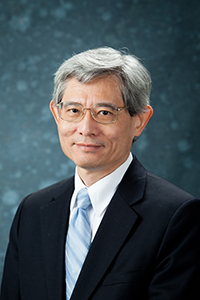 Title: Recent Advances of Protocol and Schedule Sequences and their Applications [Slides]
Title: Recent Advances of Protocol and Schedule Sequences and their Applications [Slides]
9:00-10:00, Tuesday, Oct 22, 2019
Wing Shing Wong
Choh-Ming Li Professor of Information Engineering, The Chinese University of Hong Kong.
Abstract: Protocol sequences and their generalization, schedule sequences, are ideal for addressing distributed communication systems that involve delay-constrained traffic. In this talk, we will present a survey of recent results on protocol sequences and schedule sequences. We will also explain how they can be applied to ad hoc networks and integrated networked control systems.
Bio: Wing Shing Wong graduated from the Yale University with a combined MS and BA degree and obtained a PhD degree from the Harvard University. He is a Fellow of the Hong Kong Institution of Engineers (FHKIE), a Fellow of the Institute of Electrical and Electronics Engineers (IEEE) and the Vice President of the Hong Kong Academy of Engineering Sciences (HKAES).
He joined the Chinese University of Hong Kong in 1992 after working ten years at AT&T Bell Laboratories. He is now serving as a Choh-Ming Li Research Professor of Information Engineering and the Master of S.H. Ho College. He served as the Chairman of the Information Engineering Department from 1995 to 2003 and the Dean of the Graduate School of CUHK from 2005 to 2014. He was the Science Advisor in the Innovation and Technology Commission in the Hong Kong SAR Government from 2003 to 2005. He served from 2006 to 2008 as a Board Director and Chairman of the Technical Committee of the Hong Kong Applied Science and Technology Research Institute Company Limited (ASTRI) and is currently a Board Director of The Nano and Advanced Materials Institute Limited (NAMI).
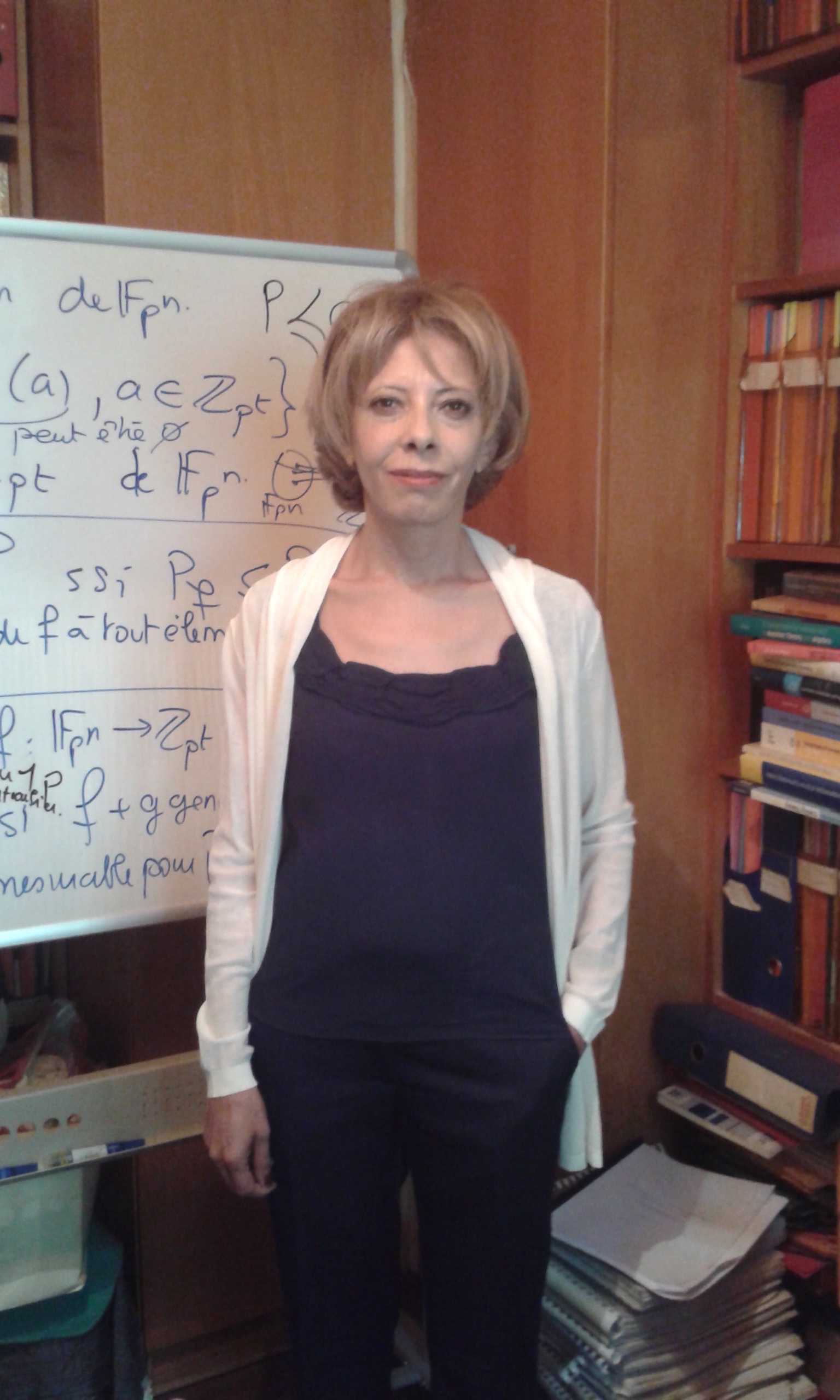 Title: Linear Codes from Functions [Slides]
Title: Linear Codes from Functions [Slides]
9:00-10:00, Wednesday, Oct 23, 2019
Sihem Mesnager
Associate Professor, Department of Mathematics, University of Paris VIII.
Abstract: Linear codes have diverse applications in secret sharing schemes, authentication codes, communication data storage devices, consumer electronics, association schemes, strongly regular graphs and secure two-party computation. In this talk, we focus on linear codes from cryptographic functions and polynomials over finite fields. We shall discuss two particular classes of linear codes: minimal linear codes (which have significant applications in secret sharing schemes and secure two-party computation) and locally recoverable codes (which currently form one of the rapidly developing topics in coding theory because of their applications in distributed and cloud storage systems).
Bio: Sihem Mesnager received the Ph.D. degree in Mathematics from the University of Pierre et Marie Curie (Paris VI), Paris, France, in 2002 and the Habilitation to Direct Theses (HDR) in Mathematics from the University of Paris VIII, France, in 2012. Currently, she is an associate Professor in Mathematics at the University of Paris VIII (France) in the laboratory LAGA (Laboratory of Analysis, Geometry and Applications), University of Paris XIII and CNRS. She is also Professor adjoint to Telecom ParisTech (France), research group MIC2 in mathematics of the department INFERES, Telecom ParisTech (ex. National high school of telecommunications). Her research interests include discrete mathematics, symmetric cryptography coding theory, commutative algebra and computational algebraic geometry. She is Editor in Chief of the International Journal of Information and Coding Theory (IJOCT) published by Inderscience and co-Editor in Chief of the international journal Advances in Mathematics of Communications (AMC) published by AIMS. She is an Associate Editor for the international journal IEEE Transactions on information Theory (IEEE-IT) and also serves the editorial board of the international journal Cryptography and Communications Discrete Structures, Boolean Functions and Sequences (CCDS) published by SPRINGER and the international journal RAIRO ITA (Theoretical Informatics and Applications). She was a program co-chair for three International Workshops and served on the board of program committees of seventeen international conferences and workshops. She is (co)-author for 112 articles, 2 books and gave approx. 100 national and international conferences. Since 2016, she is president of the French Chapter of IEEE in information theory.

